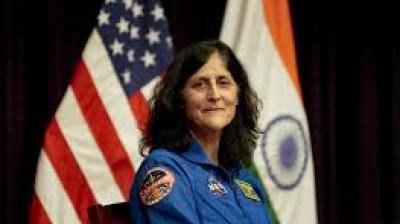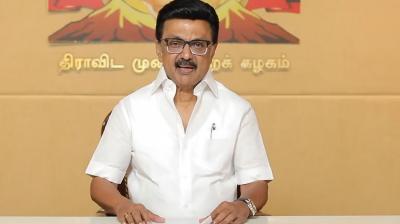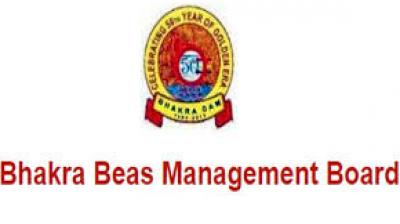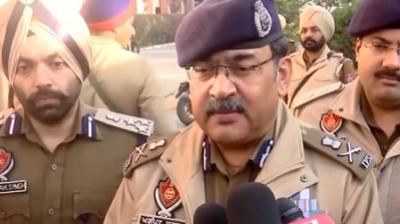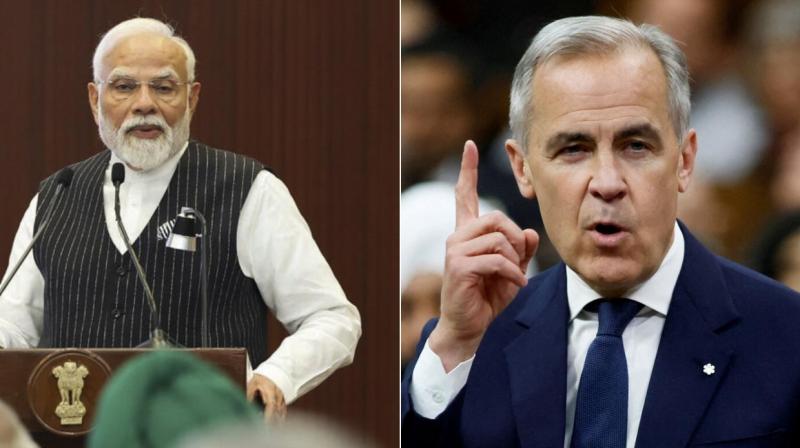
Global Recognition for India’s Role in New World Order
Mark Carney-PM Narendra Modi: Canadian Prime Minister Mark Carney has explained why he extended an invitation to Indian Prime Minister Narendra Modi to attend the G7 Summit, even though India is not a member of the elite group of nations.
Speaking on the sidelines of pre-Summit consultations, Carney emphasized India’s significance in global affairs. “India is the fifth-largest economy and the world’s most populous country. Its presence at the table was necessary, keeping in view the emerging world order,” he said.
Carney’s remarks reflect a broader shift in the G7’s approach, as the group increasingly looks to engage with influential non-member nations to address complex global challenges.
In a social media post following his call with PM Modi, Carney wrote: “I spoke with Narendra Modi today on the longstanding relationship between Canada and India... Importantly, we agreed to continued law enforcement dialogue and discussions addressing security concerns.”
The decision to invite Modi also marks a thaw in India-Canada ties, which have seen turbulence in recent years. Both countries now appear poised to re-engage on key issues, with a special focus on law enforcement cooperation and mutual accountability — seen as crucial areas for rebuilding bilateral trust.
Prime Minister Modi welcomed the outreach, tweeting: “Glad to receive a call from Prime Minister Mark Carney of Canada... As vibrant democracies bound by deep people-to-people ties, India and Canada will work together with renewed vigour, guided by mutual respect and shared interests.”
This year’s G7 Summit will be hosted in Kananaskis, Canada, later this month and is expected to spotlight themes like democratic cooperation, global economic recovery, and emerging geopolitical alignments. India’s presence, according to analysts, could play a pivotal role in shaping inclusive and effective policy directions.




